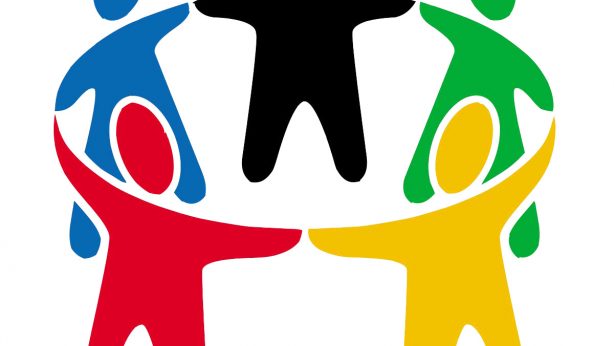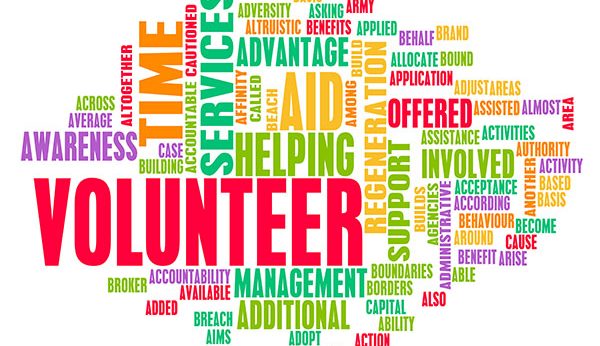Rozan had been active in the post quake scenario and was at the forefront in the development of culturally relevant interventions on psychosocial support for a range of groups including women, children, and adolescents. These included training organizations, teachers and health professionals in areas affected by the earthquake. Subsequently, Rozan has been active in the post conflict scenario and more recently in the floods rehabilitation work through training on psychosocial work with women and children.
Rozan has various publications with regards to working with communities on psychosocial support.
PUBLICATIONS:
1. PSYCHOSOCIAL SUPPORT GROUP-WORK MODULES
- FOR COMMUNITIES AFFECTED AND DISPLACED BY THE INTERNAL CONFLICT
- FOR PSYCHOSOCIAL SUPPORT AND PERSONAL GROWTH GROUP MODULES (FOR FLOOD AFFECTED COMMUNITIES)
These modules are available for the following groups:
- Men
- Women
- Adolescent Girls and Boys
- Children
- Parents
Men’s Modules:
These modules are developed to provide opportunity and spaces for men to share their experiences and feelings and also to help them get in touch with their strengths and potentials to go through the difficult time. These modules have a special focus on emotional issues that may be relevant to men such as stress and anger, and to address them in such a way that men are able to relate to and talk about them in a non-threatening manner.
Women’s Modules:
These modules are designed to initiate a process of self-awareness and personal development and focusing on emotional distress, helplessness, grief, stress and facilitating an understanding of gender role socialization and its effects.
Adolescent Girls and Boys Modules:
The adolescents’ modules aims to provide adolescents with the opportunity and space to talk about their experiences, fears and concerns and building healthy coping and life skills so that they are able to deal with their day-to-day life situations. It also addresses some of the changes taking place in boys and girls during this age and its impact on their well-being.
Children:
The children’s modules aims to provide children with the opportunity and space to talk about their experiences, fears and concerns and focuses on building healthy coping and life skills in children so that they are able to deal with their day-to-day life situations.
Parents:
This module aims to provide support to parents/care-taking adults in parenting their children in the best way they can, considering the circumstances, and within the social context in which they exist.
2. PSYCHOSOCIAL SUPPORT SERVICES: NEED ANALYSIS & REVIEW REPORT:
This study aims to support humanitarian organizations in improving their understanding of psychosocial issues as well as strengthening their psychosocial programs within the country context: the objectives of study are as under:
- Gain a better understanding of the psychosocial needs of the flood-affected community
- Gain an understanding of the psychosocial intervention models currently being employed in post-disaster settings in Pakistan
- Inform the development of participatory and culturally-sensitive psychosocial programs and strategies that are relevant to the needs of disasters – affected communities.
3. GUIDELINES FOR PSYCHOSOCIAL SUPPORT TO COMMUNITIES WITH A SPECIAL FOCUS ON WOMEN AND CHILDREN:
These guidelines highlight minimum Reponses that enable support workers and communities to protect and improve mental and psychosocial well-being of disaster affected communities.


